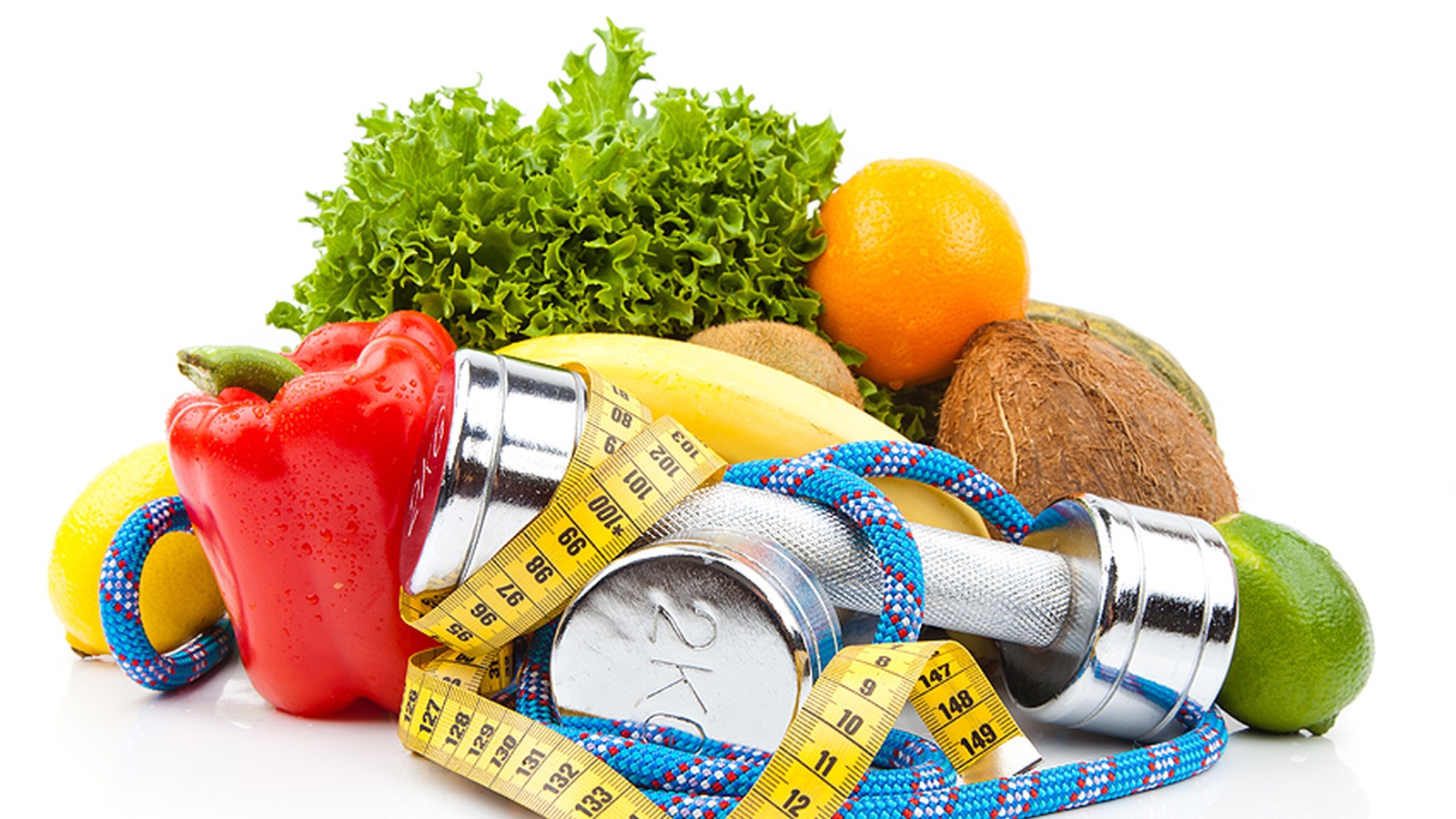Can Diet Replace Exercise?
You see it everywhere. Headlines like “10 Minutes to a Flat Stomach!” or “Drop 5 lbs in 5 Days!” pepper newsstands from sea to shining sea. However, studies are beginning to show that your diet could be far more important than your workout regimen.
Many companies focus on marketing exercise as the primary way to better health and a “better” body. Despite what we might know of food’s correlation with our overall health and weight, we have all been guilty for falling for the workout hype at one time or another.
Although the benefits of being active can never be disputed, many facets have been greatly exaggerated. It’s time food takes the spotlight instead of dumbbells. As cardiologist Dr. Aseem Malhotra puts it, “You cannot outrun a bad diet.”
Diet > Exercise
Despite public health professionals combating the obesity crisis through the law, almost 80 million people are still considered obese. Most people like to blame the obesity epidemic on poor food choices and sedentary lifestyles. However, there has only been a formidable call to action on one of these reasons: exercise.
This is especially true when it comes to some food and drink companies. Instead of promoting eating a healthier diet that is naturally low in calories, exercising those excess calories seems to be the message that is usually expressed.
Although exercising leads to decreased risks of many debilitating diseases, Malhotra believes that a lack of exercise has little to do with the rise of obesity cases, “In the past 30 years, as obesity has rocketed, there has been little change in physical activity levels in the western population. This places the blame for our expanding waistlines directly on the type and amount of calories consumed.”
So what exactly should you be eating more of? Surprisingly, it’s fat (the good kind, that is). Avocados and almonds should make regular appearances in your snack and meals to not only help you feel satiated and fuller longer, but also to increase your body’s antioxidant absorption and metabolism. Vegetables, legumes, fruits, and spices should also be staples of your diet, as well as a glass of red wine every now and then.
Rethink Your Workout
So how much exercise do you need? Definitely not as much as what’s usually suggested. The workouts that make us want to quit after 30 seconds are not the exercises your body wants or needs. We were made to be active, but not to the point of exhaustion.
Exercise is important, but we need to reconstruct what we perceive as exercise. Gyms and workout routines are what usually come to mind when we think of exercise. However, physical activity is much simpler than that. The exercise we need involves the low-impact movement we usually perform throughout the day.
As society became more and more sedentary, those everyday movements became more restricted and the true importance of exercise was shifted from why it’s truly needed to losing weight and looking good. The real reason, though, why physical activity is good for your health is because of hormesis.
According to the National Center for Biotechnology Information, “hormesis is defined as an adaptive response of cells and organisms to a moderate (usually intermittent) stress.” This adaptive response makes your body produce restorative proteins that not only keep you healthy but also strengthen your muscles.
You can experience these benefits just by taking a brisk 30-minute walk. These results will not be received, though, if you put too much stress and strain on your body from a high-intensity workout.
We Are Where We Live
As a species, humans were not meant to sit still for long periods of time. However, as society progressed and changed, adopting a sedentary lifestyle became the norm. We try to make up for this by setting aside some workout time. As many of you know, it usually doesn’t cut it.
We live in an environment that promotes ease and comfort over what is truly good for you. The places that hold the healthiest people have cultural and environmental factors that encourage healthier eating choices and physical activity.
Schools and companies are utilizing technology to head in this direction by making tracking diet and exercise effortless. Health and wellness providers are taking the hint, too, by utilizing apps that encourage healthy behaviors and provide easy-to-access information.
There Are Steps You Can Take In Your Life, As Well
By making your living space a place where unhealthy choices are a difficult option, your health will be all the more grateful for it. Here’s what you can do to make that happen:
- Stock up on healthy foods you want to eat and none of the food you don’t want in your kitchen. It’ll be much easier to eat these foods if you already have them on hand or if unhealthy alternatives are not a possible choice.
- If you do need the occasional indulgence, put them somewhere out of the way or hard to reach. The saying, “out sight, out of mind” is very true, and if something requires you to be inconvenienced, you’re less likely to do it. Also opt for smaller plates to control portion sizes.
- Make movement a priority. Use push lawn mowers and manually turn on the TV and change channels instead of using a remote. Join a walking group, as well, that will hold you accountable to make it to meetings (it helps to involve your friends, too).,
Although diet may not replace exercise completely, it’s a major component to putting an end to the obesity epidemic. Eating a variety of healthy foods and abstaining from a sedentary lifestyle can be a lot to ask, especially in this day and age.
However, every little change you can make is the step in the right direction for optimal health and longevity. Your body will be thankful that you did.










